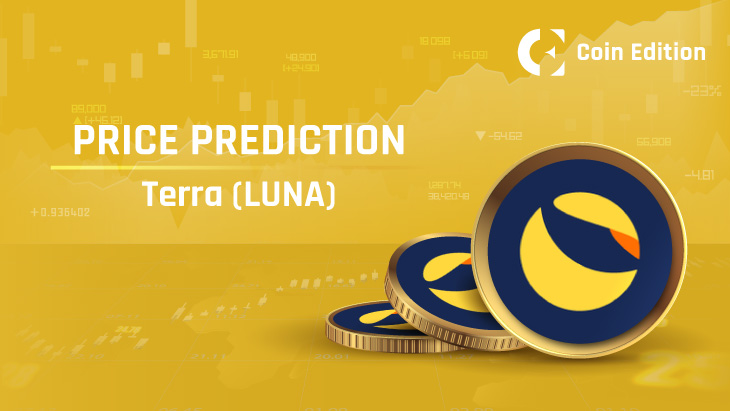- The South Korean National Tax Service has developed a virtual asset management system to combat tax evasion and ensure compliance.
- Partnership with GTIC accelerates construction of ‘Virtual Asset Integrated Management System’ for transparent transactions.
- Tightening regulations on virtual assets aligns with South Korea’s proactive approach.
South Korea’s National Tax Service is taking proactive steps to tackle tax evasion in the realm of virtual assets. Bitcoin hit a new ATH of $70,000 over the last week and the virtual asset market is rapidly regaining attention.
In response, the National Tax Service has started working on the development of a comprehensive virtual asset management system. This system aims to analyze and manage transaction data effectively, ensuring compliance and preventing tax evasion.
Choosing GTIC as its partner, the National Tax Service has started to build the ‘Virtual Asset Integrated Management System.’ This system will facilitate the collection and analysis of virtual asset transaction information, laying the groundwork for fair taxation and enhanced oversight.
The National Tax Service is showing such urgency because of an alleged rise in illegal activities such as money laundering and offshore tax evasion using digital assets. By establishing a Virtual Asset Management System, South Korea aims to mitigate these risks and increase transparency in virtual asset transactions.
The National Tax Service’s efforts are towards creating a broader commitment to global regulatory standards and transparency. And by implementing the ‘Virtual Asset Integrated Management System,’ South Korea wants to promote fair taxation methods while fighting illegal activities in the virtual asset space.
The ruling People Power Party in South Korea has recently proposed a delay of crypto capital gains taxation until 2027. The party says it wants to establish a comprehensive regulatory framework before implementing taxation.
Disclaimer: The information presented in this article is for informational and educational purposes only. The article does not constitute financial advice or advice of any kind. Coin Edition is not responsible for any losses incurred as a result of the utilization of content, products, or services mentioned. Readers are advised to exercise caution before taking any action related to the company.







